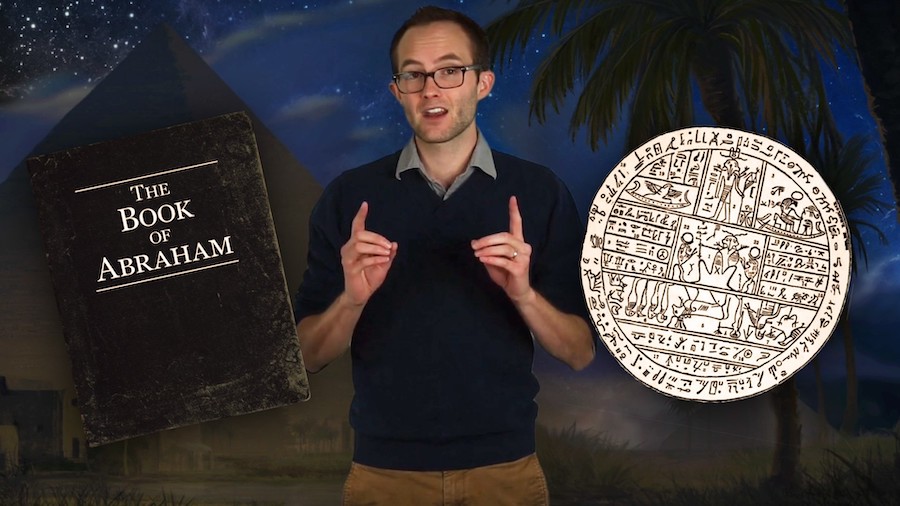Published serially from 1 March 1842 to 16 May 1842 and canonized by The Church of Jesus Christ of Latter-day Saints on 10 October 1880, the Book of Abraham has been valued by Latter-day Saints for its important teachings on the nature of the Abrahamic covenant, the pre-mortal existence of humanity, the Creation, and other topics. Writing not long after the text was first published, Apostle Parley P. Pratt mused, “When we read the Book of Abraham with the reflection that its light has burst upon the world . . . we see there unfolded our eternal being—our existence before the world was—our high and responsible station in the councils of the Holy One, and our eternal destiny.”
While Latter-day Saints primarily cherish the Book of Abraham for its significant doctrinal contributions to the Restoration, since at least the 1960s with the pioneering work of Hugh W. Nibley, scholars have explored the Book of Abraham to see what clues might exist that situate the text in a plausible ancient setting. Utilizing the tools of Egyptology, Near Eastern archaeology, and other disciplines, these scholars have uncovered numerous points of convergence between the text of the Book of Abraham and the ancient world from whence it purports to derive. The historicity of the Book of Abraham, or the quality, soundness, and credibility of its historical claims in light of external confirmation, naturally continues to be debated, and many as-of-yet unanswered questions remain, but the work of past and contemporary scholars makes it clear that a compelling case can be and has indeed been made in favor of the text’s historicity.
A new video by Pearl of Great Price Central brings together just a few samples of this evidence reinforcing the Book of Abraham’s historicity. Drawing from a series of short articles called Book of Abraham Insights, this new video presents some of the evidence for the Book of Abraham’s historical believability in a compelling and visually-striking manner. Going chapter by chapter through the text, this new video overviews the evidence for a plausible cultural, geographical, and historical setting for the opening chapter of the Book of Abraham (Abraham 1), explains how the form or structure of the Abrahamic covenant in the Book of Abraham matches the covenant pattern known from texts in Abraham’s day (Abraham 2:6–11), provides a believable ancient context for Abraham’s “lie” about his wife Sarai (Abraham 2:22–25), highlights one way of understanding so-called “Abrahamic astronomy” in an ancient context (Abraham 3), discusses the likely etymology of two unique astronomical names in the Book of Abraham (Kolob and Shinehah), explores the depiction of the unquestionably ancient concept of the divine council in the text (Abraham 3), and details how the Creation account in the Book of Abraham matches other texts from Abraham’s day (Abraham 4–5).
To be sure, this evidence does not “prove” the Book of Abraham is true, but it does shed a very favorable light on Joseph Smith’s claims to prophetic inspiration in addition to bolstering confidence in the authenticity of the book which presents itself as “the writings of Abraham, while he was in Egypt.”
For an extensive bibliography on the Book of Abraham and to read twenty-two out of forty (initial) planned Insight articles, be sure to check out Pearl of Great Price Central. The Book of Abraham Insights below in particular are those highlighted in the video. Full documentation for the claims made in the video, as well as further reading for each of the topics addressed in the video, can be found in the individual Insight articles.
Videos exploring the facsimiles of the Book of Abraham, what is known about the Egyptian papyri acquired by Joseph Smith, and the translation of the text are forthcoming. For now, readers wanting to learn more about these topics are encouraged to check out the Gospel Topics essay “Translation and Historicity of the Book of Abraham” published by The Church of Jesus Christ of Latter-day Saints and the recent book An Introduction to the Book of Abraham by Latter-day Saint Egyptologist John Gee. Additional study resources (articles, book chapters, videos, podcasts) on these related topics can also be accessed for free on the Pearl of Great Price Central bibliography for the Book of Abraham.
Sources for the Book of Abraham Evidence Video
The location of Abraham’s Ur of the Chaldees
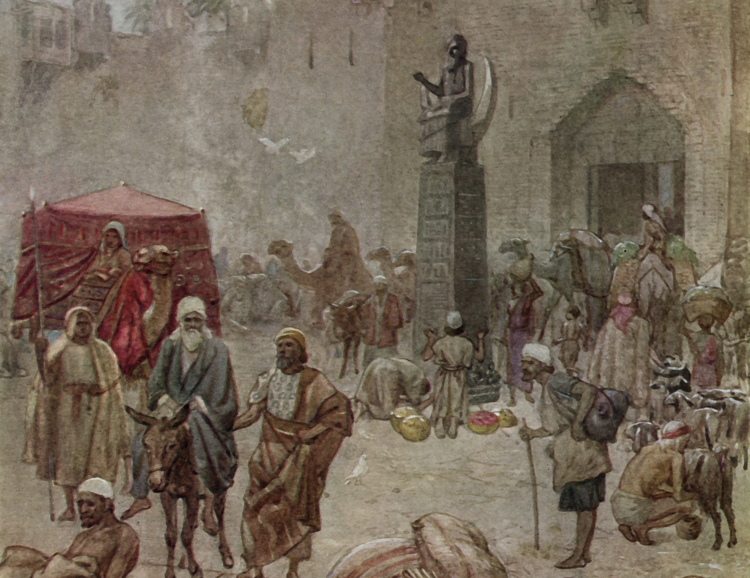
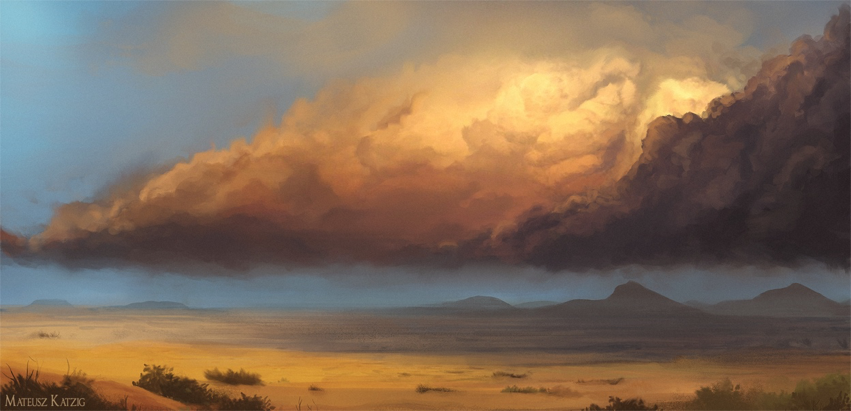
The near sacrifice of Abraham by an idolatrous priest
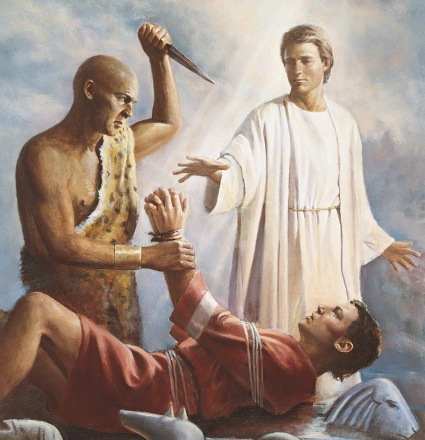
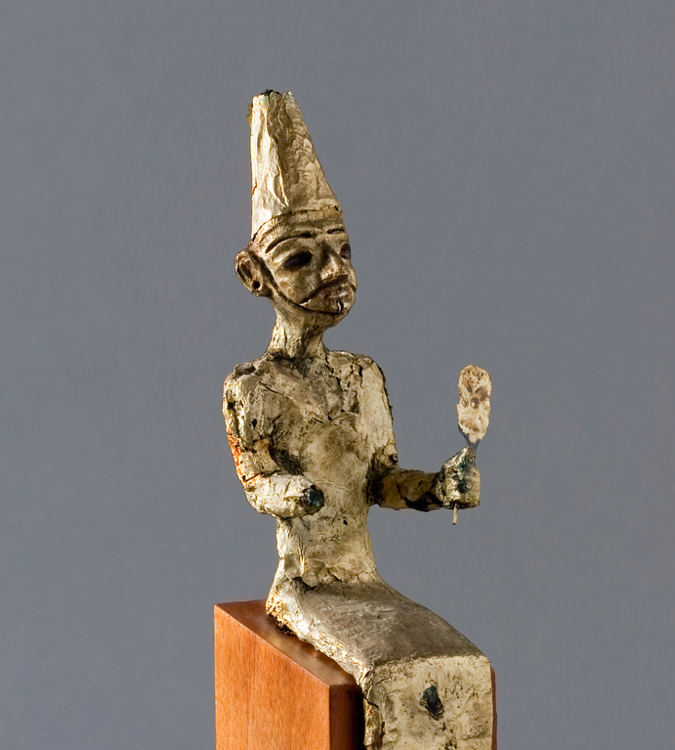
Abraham’s “lie” about his relationship to Sarai
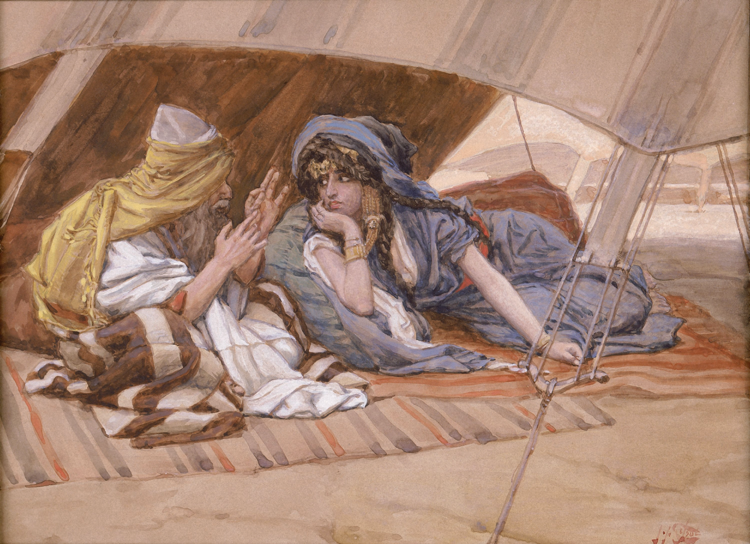
The ancient structure of the Abraham covenant

The nature of “Abrahamic Astronomy”

The etymology of the word “Kolob”

The etymology of the word “Shinehah”
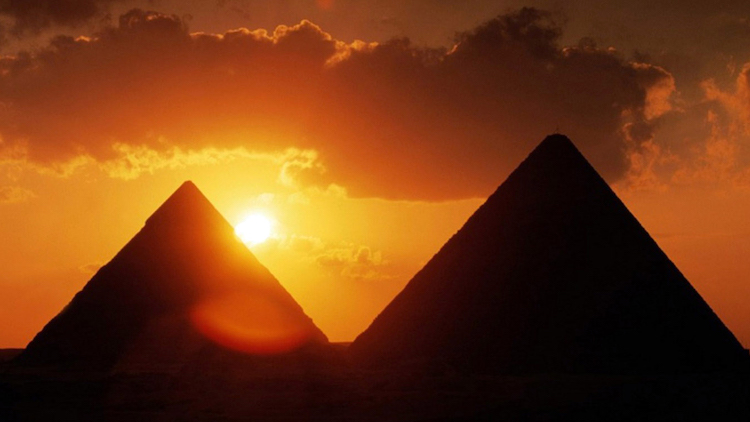
The divine council in the Book of Abraham


Parallels with other texts from Abraham’s day


